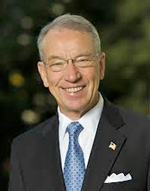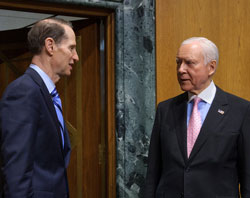 Our latest ZimmPoll asked the question, “How are the crops in your area looking?”
Our latest ZimmPoll asked the question, “How are the crops in your area looking?”
After reviewing these poll results I feel a glimpse of optimism for the crop outlook. However, it is still raining here in the Midwest and like one poller commented, soybeans are taking a hit. Chuck and Cindy have been talking with growers throughout the corn and soybean belt and it sounds like the weather is becoming more cooperative. However, they have talked to some this week that are just finishing a first planting of their soybeans!
Here are the poll results:
- Bad – too much moisture – 16%
- Bad – too dry – 15%
- Some crops not planted – 8%
- Ok – could be better – 13%
- Real good – 38%
- Not sure – 7%
- Other – 3%
Our new ZimmPoll is now live and asks the question, Do you consider yourself social media savvy?
The era of social media marketing is upon us. Many across the agriculture community have reaped the benefits and others are making due without. I don’t believe anyone can call themselves a social media expert, because it is always changing. But are you savvy and staying up on the trends, do you need some more training or are you seeing no need to utilize it?









